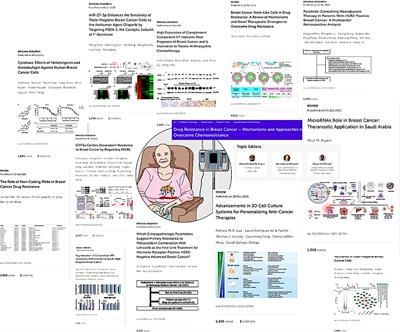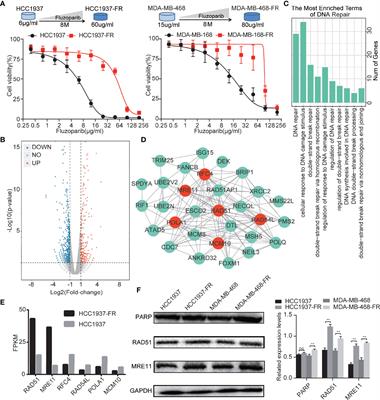EDITORIAL
Published on 04 Jan 2023
Editorial: Drug resistance in breast cancer – mechanisms and approaches to overcome chemoresistance

doi 10.3389/fonc.2022.1080684
- 1,910 views
- 2 citations
21k
Total downloads
67k
Total views and downloads
EDITORIAL
Published on 04 Jan 2023

ORIGINAL RESEARCH
Published on 20 Apr 2022

ORIGINAL RESEARCH
Published on 07 Apr 2022

REVIEW
Published on 21 Mar 2022

CORRECTION
Published on 09 Mar 2022

ORIGINAL RESEARCH
Published on 18 Feb 2022

REVIEW
Published on 30 Nov 2021

REVIEW
Published on 25 Oct 2021

ORIGINAL RESEARCH
Published on 21 Oct 2021

ORIGINAL RESEARCH
Published on 24 Sep 2021

REVIEW
Published on 13 Sep 2021

ORIGINAL RESEARCH
Published on 26 Aug 2021
